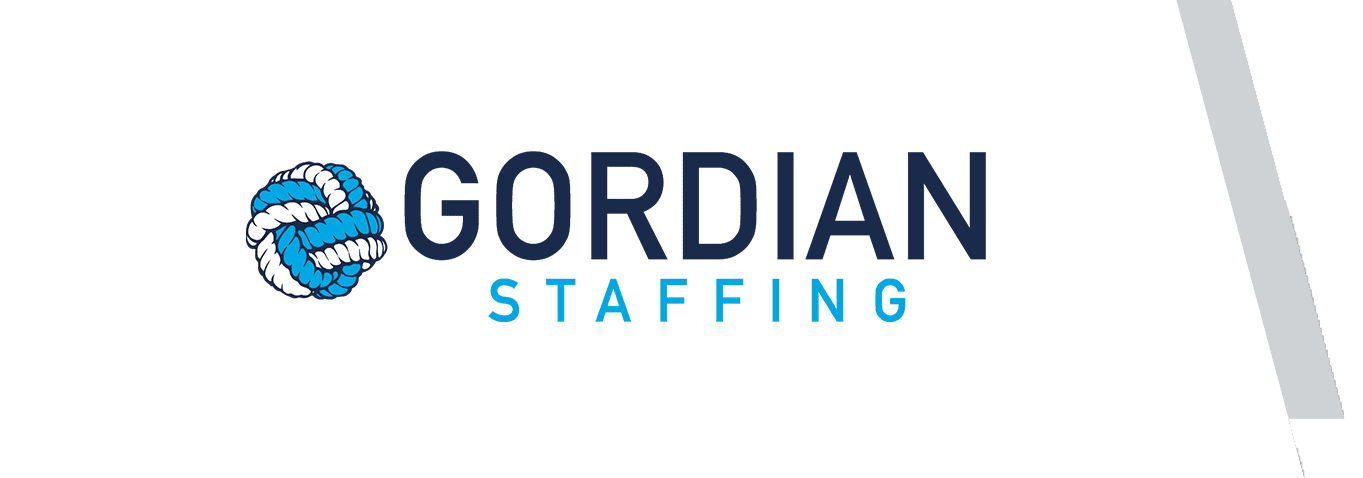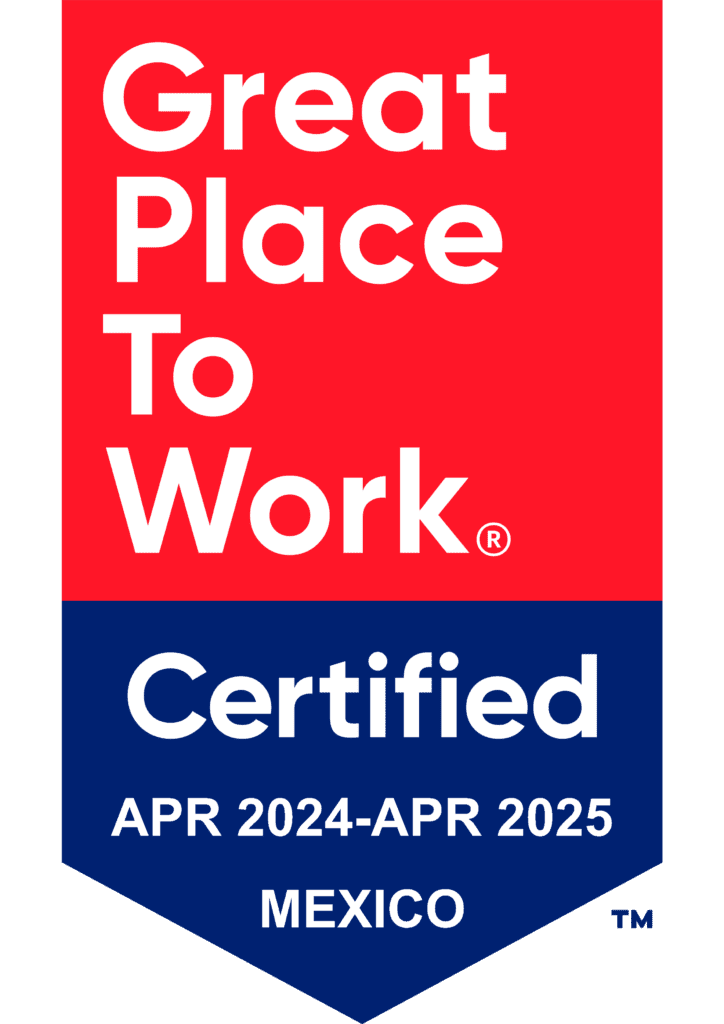As businesses increasingly recognize the inherent value of a workforce that embraces diversity, the staffing industry emerges as a crucial player in shaping the trajectory of the future of work. It is well understood that diversity is not merely a checkbox to mark but a dynamic force that propels businesses toward innovation, adaptability, and success. The call for a diverse and inclusive workplace is a strategic approach for businesses seeking sustained growth and inclusivity that contribute to the industry.
As businesses recognize the value of a varied and inclusive workforce, the staffing industry plays a pivotal role in shaping the future of work. “Diversity is an important issue for any modern business, but it’s not enough to simply hire people of different nationalities, races, genders, and sexual orientations.” The call for a diverse and inclusive workplace is not just a social mandate, but a strategic imperative.
A diverse and inclusive staffing industry mirrors the diverse world it serves. By embracing individuals from various backgrounds, ethnicities, genders, and abilities, staffing agencies become more adept at understanding and meeting the unique needs of clients and candidates. We’ve listed 5 best practices to improve diversity and inclusivity in the workplace.
1. Providing Safe Spaces
It’s important to consider comfortability when creating a safe space – even for remote employees. Safe spaces could be created and practiced through having designated 1:1 meetings online to engage with your team, and organizing online socials, or events where your team could casually connect are great steps to improve engagement and create comfort.
2. Inclusive Leadership
Improving diversity and inclusivity in the workplace starts at the top. For employees, fostering a sense of belonging in the workplace begins with leadership. Diverse teams bring a wealth of perspectives and experiences to the table while simultaneously excelling at finding innovative solutions to complex workforce challenges. Inclusive leaders play a vital role in setting the tone for employees while impacting how employees view the company’s culture.
3. Creating Conversation
Successful leaders connect with their employees on a more personal level. You can find similarities through conversations, scheduling a coffee break, asking about their weekend, or other topics of interest they have shared with you. Scheduled 1:1 meetings are great opportunities to provide positive feedback to recognize your team’s work. By creating conversations with your team about matters outside of work, you build a stronger sense of community in your organization.
4. Celebrating Holidays & Milestones
Showing your employees that you support and celebrate their cultural events, holidays, or movements is a great way to show you acknowledge and respect for everyone while also creating a perfect opportunity to raise awareness and educate others. Additionally, recognizing milestones, rewarding great performance, or celebrating birthdays with your team shows your appreciation for them while boosting morale in the workplace.
5. Giving & Receiving Feedback
Intentional feedback matters. Being willing to listen to your employees will help the company grow and adapt to small and big changes. Applying multiple ways to provide feedback, whether formal or informal, leads to better understanding between employees and managers. It’s important to have open dialogue in the workplace for connecting with others and sharing thoughts while ensuring the safety and comfort of everyone. Constantly revisit the company’s policies and management guidelines with your HR department to adjust and promote a more inclusive environment in the workplace.
From creating safe spaces that prioritize employee comfort and safety to inclusive leadership, engaging in meaningful conversations, celebrating holidays and milestones, and consistently seeking feedback—the path to inclusivity is navigable through intentional and sustained efforts.
An inclusive environment is not just about representing a variety of workers from diverse backgrounds, these practices lead to increased innovation, improved employee engagement, and a stronger sense of community by supporting your employee’s needs to help them perform their best while setting up the business in the best position for long-term success.
The staffing industry’s role goes beyond merely connecting talent with opportunities; it involves actively shaping workplace cultures that celebrate differences, nurture innovation, and reflect the rich diversity of the world it serves. This not only contributes to the success of our organizations but also paves the way for a more inclusive and harmonious future of work for all.






